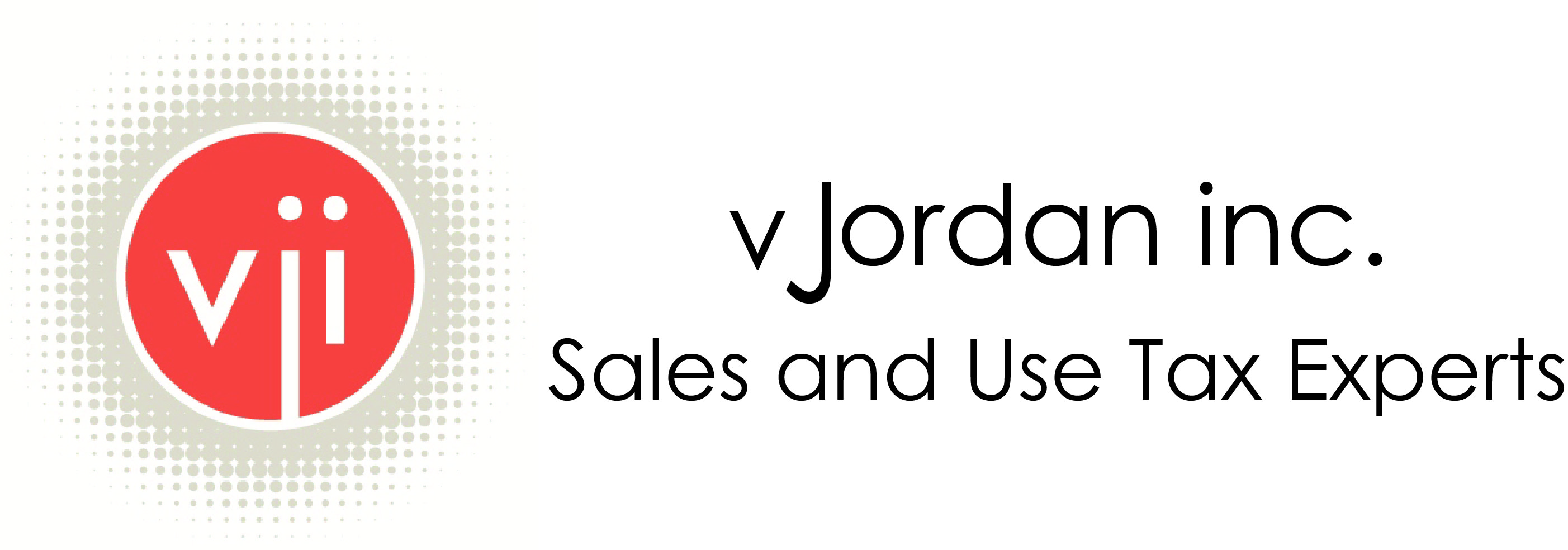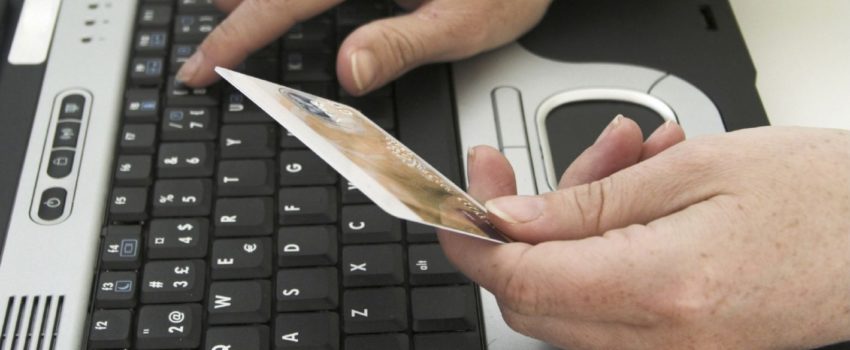Many manufacturers implement P-Card programs to allow assigned employees to purchase goods and services without having to request the purchases through traditional purchasing processes like purchase requisitions and purchase orders. P-Card programs reduce purchasing time as well as administrative costs.
When implementing P-Card programs, guidelines are usually established to ensure the success of the program. Guidelines often include spending limit amounts, an outline of employees authorized to purchase goods and services with a P-Card, measures to prevent fraud, and other important rules to ensure the success of the program.
Unfortunately, P-Card guidelines rarely include measures for sales and use tax compliance. The lack of sales and use tax compliance procedures for P-Card programs can cause sales and use tax mistakes for manufacturers. The mistakes can take the shape of an underpayment of tax or overpayment of tax. If underpayments are discovered during an audit from a government official then the tax will be assessed plus costly applicable penalties and interests.
It has been VJI’s experience while performing sales and use tax overpayment review services for manufacturing clients in various states that frequently costly sales and use tax overpayments are made on P-Card purchases. During the steps of performing sales and use tax overpayment review services for V Jordan Inc.’s manufacturing clients, we discover and recover significant tax dollars overpaid on P-Card purchases with almost every overpayment review engagement. These overpayments are made by small, mid-size, and large manufacturing companies.
Most states have enacted favorable manufacturing exemptions over the years to attract manufacturing companies to their state. Generally, manufacturers in most states are afforded many exemptions, including exemptions on purchases that are purchased by P-Cards. Careful attention needs to be given to all purchases, including P-Card purchases, to ensure dollars are not thrown away on exempt purchases or that tax is not paid twice on the purchases. Overpayments often exist on P-Card purchases for the following reasons:
• Employees that are assigned P-Cards to purchase supplies are rarely given sales and use tax training on items that qualify for exemption. In addition, they are often not familiar with the proper documentation to extend to the supplier to relieve the supplier from charging tax.
• Online sellers are now charging tax on their online sales with increasing frequency. Often these purchases are tax exempt. However, the manufacturer may not give the online seller the appropriate certificate to relieve the seller from charging tax, especially if the manufacturer assumes that purchases made online are not subject to sales tax.
• Accounts payable usually serves as a decision point in the tax compliance process for traditional purchases. When paying an invoice that has traveled through the traditional purchasing process, the AP employee generally has an invoice, a P.O. and other traditional documentation to rely upon to determine the type of and use of the product being purchased which facilitates good tax decisions. P-Card purchases are generally paid from statements by AP employees with little or no additional documentation to support the type of and use of the purchased items. Also, if invoices are attached to the statement, they are usually small and difficult to read. Tax from each individual invoice is not outlined on the statement. It is difficult to know if tax has been charged on each purchase. This is a breeding ground for tax errors in a several ways – if tax was charged on an individual invoice for an exempt item, then tax is included in the statement amount and then subsequently paid to the vendor when the AP clerk pays from the statement. Another common overpayment we see in this situation is double payment of tax. Tax can be included in some or all the individual invoices that make up the statement amount, but cannot be seen by the AP Clerk. The AP Clerk then accrues use tax on the entire statement amount causing double payment of tax on some or all the invoices making up the statement amount.
• Distance between the P-Card purchaser, his/her receipts, and the AP clerk causes a breakdown in communication and supporting documentation for tax decisions. Often the P-Card purchaser along with the individual receipts are at a local plant location while the AP clerk is at a separate HQ location paying for the purchases strictly from a summary statement. With the supporting documentation in a distant location and with the key employees in different locations, there can be a breakdown in communication and a lack of ease to retrieve needed documentation to determine the taxability of the purchase.
• Relationships between suppliers and manufacturers can affect tax compliance based on whether there is open communication or little communication between the two parties. Since many P-Card purchases are made online the relationship is taken out of the equation. Without communication between the two parties to the transaction, there is no avenue for dialogue about tax compliance.
• “P-Card purchases are too small to worry about tax compliance,” said by many tax departments. This is simply not true. On our last two client engagements V Jordan Inc. has identified a total of $151,000 in tax overpayments on P-Card purchases alone. For example, Client A, a small manufacturer overpaid tax to the tune of $51,000 on purchases of exempt items paid by P-Cards – an average of $17,000 per year for a small single plant. Another client, a mid-size manufacturer, overpaid tax on exempt P-Card purchases in the amount of $100,000 for a three year look back period. Even though each transaction was small individually, cumulatively, the overpayments add up to significant dollars.
The best advice for better tax compliance on purchases made with P-Cards is to give thought and attention to establishing procedures for tax compliance when setting up a P-Card program. The procedures should include sales and use tax training for P-Card employees. Establish good record keeping guidelines so tax determination is easy. Allow for open communication and good relationships between the purchaser, the supplier, and the AP department. Don’t turn a blind eye on tax compliance for P-Card programs, because if you do, you could be throwing away thousands of dollars.

